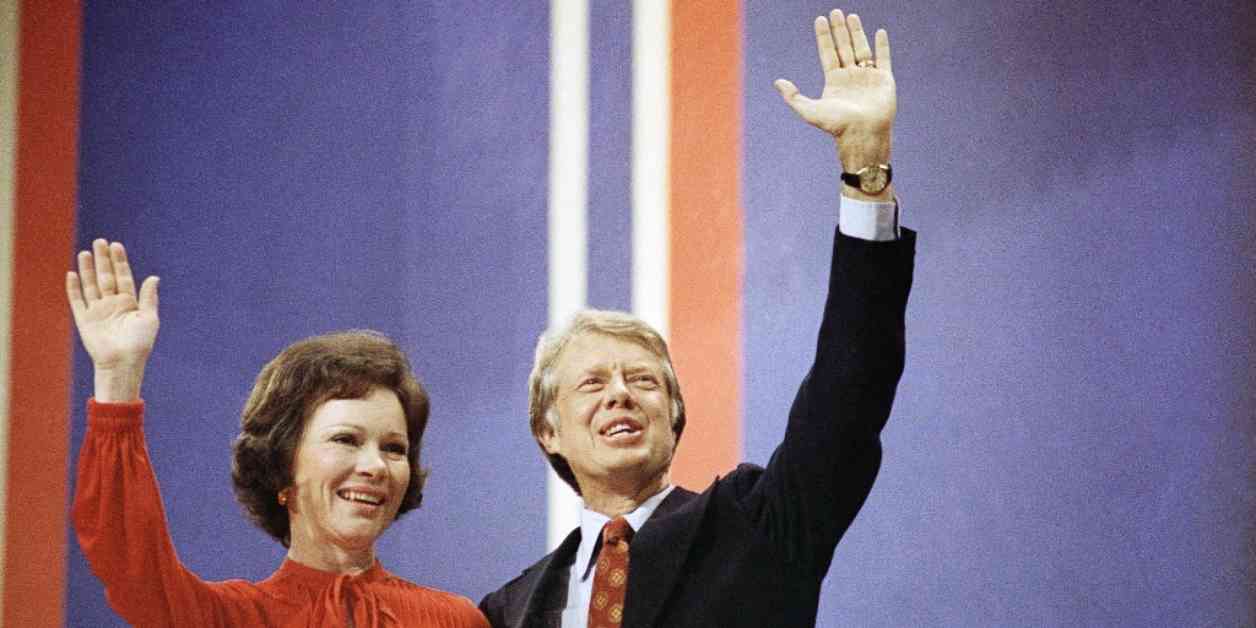Jimmy Carter’s Pioneering Impact on Gay Rights
When Jimmy Carter took office as the 39th President of the United States in 1977, the landscape for LGBTQ rights was starkly different from what it is today. Gays and lesbians faced systemic discrimination, with government security clearances out of reach, same-sex intimacy illegal in numerous states, and the notion of gay marriage dismissed as radical. However, amidst this oppressive environment, Carter emerged as a beacon of hope for the LGBTQ community.
Carter’s Trailblazing Support for LGBTQ Legislation
Carter, a southern Democrat and devout Baptist, was unafraid to champion pro-gay legislation and embrace LGBTQ advocates at a time when such stances were considered controversial. In 1976, during his presidential campaign, Carter publicly voiced his support for the Equality Act, a groundbreaking measure seeking to amend the Civil Rights Act of 1964 to prohibit discrimination based on sexual orientation. His unwavering commitment to equality was evident in his pledge to sign the bill into law, a move that was ahead of its time.
Unprecedented White House Meeting with LGBTQ Activists
In a historic moment in 1977, a group of LGBTQ activists from the National Gay Task Force met with presidential adviser Margaret “Midge” Costanza at the White House to discuss discrimination protections. This meeting, the first of its kind, symbolized a significant shift in acknowledging the rights of gay citizens and marked a turning point in the fight for LGBTQ equality. Despite the meeting taking place while Carter was away, its impact resonated throughout the community, challenging prevailing anti-LGBTQ sentiments.
Carter’s Enduring Legacy and Missed Opportunities
While Carter’s efforts for gay rights may have seemed incremental at the time, his advocacy laid the groundwork for future presidents to address LGBTQ issues. His defeat in the 1980 presidential election, which ushered in the Reagan era, underscored the missed opportunity for a more progressive federal response to the burgeoning AIDS crisis. Historians lament the potential impact Carter could have had on the epidemic had he remained in office.
In retrospect, Carter’s support for gay rights extended beyond his presidency, with his public endorsement of same-sex marriage in 2012. His bold stance, rooted in Christian principles, challenged conventional beliefs and highlighted the enduring legacy of a president who dared to stand up for equality.
As we reflect on Jimmy Carter’s legacy, it becomes clear that his contributions to LGBTQ rights were both courageous and consequential, setting a precedent for future leaders to follow. While history may not always give him the credit he deserves, Carter’s impact on the fight for equality remains a testament to his unwavering commitment to justice and fairness.


